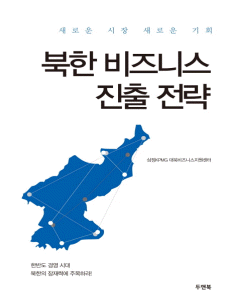





| ұ№і»јӯ әПҪбёУё® | [604,960]ұЗ АРАҪ | |
|---|---|---|
| ЗШҝЬјӯ ЗБё®әд | [0]ұЗ АРАҪ | |
| ұЫ·О№ъ Ж®·»өе | [2]ұЗ АРАҪ | |
| №Мөрҫо әкё®ЗОҪә | [580]ұЗ АРАҪ |
 [108]ұЗ
[108]ұЗ 
 |
кіөл¶Җн•ҳлҠ” мң лҢҖмқё | |
| АъАЪ | нһҗ л§ҲкіЁлҰ°(м—ӯмһҗ: к¶Ңм¶ҳмҳӨ) | ||
| ГвЖЗ»з | мқјмғҒмқҙмғҒ | ||
 |
л¶Ғн•ң 비мҰҲлӢҲмҠӨ 진м¶ң м „лһө | |
| АъАЪ | мӮјм •KPMG лҢҖл¶Ғ비мҰҲлӢҲмҠӨм§Җмӣҗм„јн„° | ||
| ГвЖЗ»з | л‘җм•Өл¶Ғ | ||
 |
л””мһҗмқҙл„Ҳ мғқк°Ғ мң„лҘј кұ·лӢӨ | |
| АъАЪ | лӮҳк°ҖмҳӨм№ҙ кІҗл©”мқҙ(м—ӯмһҗ: мқҙм •нҷҳ) | ||
| ГвЖЗ»з | м•Ҳк·ёлқјн”ҪмҠӨ | ||
 |
мІңкІҪмһҗ нҸүм „: м°¬лһҖн•ң кі лҸ… н•ңмқҳ лҜён•ҷ | |
| АъАЪ | мөңкҙ‘진 | ||
| ГвЖЗ»з | лҜёмҲ л¬ёнҷ” | ||
 |
мқҳн•ҷ, мқёл¬ёмңјлЎң м№ҳмң н•ҳлӢӨ | |
| АъАЪ | мҳҲлі‘мқј | ||
| ГвЖЗ»з | н•ңкөӯл¬ён•ҷмӮ¬ | ||